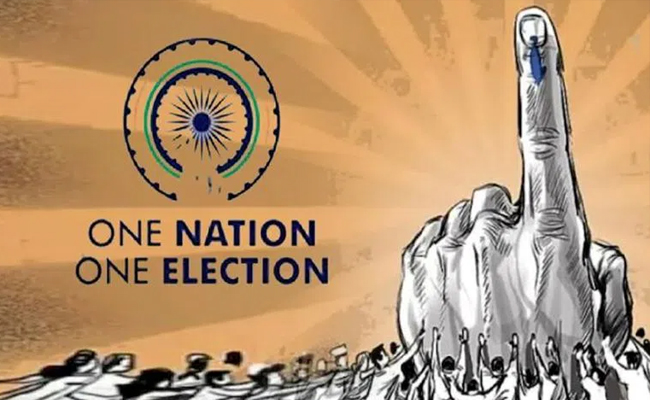
India News

On Tuesday, the Central Government introduced two bills in the Lok Sabha related to simultaneous elections, also known as the Jamili Elections. The first is a constitutional amendment bill to revise the tenures of the Lok Sabha and State Assemblies, while the second pertains to elections in Delhi and Union Territories.
The 129th Constitutional Amendment Bill, 2024, aims to introduce simultaneous elections by amending three articles and adding a new Article 82A.
Article 82A(1):
Once the Jamili Bill is passed, the President must notify this clause after the first Lok Sabha is constituted following the general elections. The notified date will be deemed the "appointed day."
Article 82A(2):
After the appointed day, the tenure of all state assemblies formed thereafter will align with the tenure of the Lok Sabha. This may involve reducing or extending the tenures of state assemblies to match the Lok Sabha.
Article 82A(3):
The Election Commission (EC) will oversee the conduct of simultaneous elections for the Lok Sabha and all State Assemblies.
Article 82A(4):
This clause defines simultaneous elections, emphasizing the aim of holding concurrent elections for the Lok Sabha and State Assemblies.
Article 82A(5):
In exceptional situations where simultaneous elections cannot be conducted, the EC has the flexibility to manage elections for any Assembly separately.
Article 82A(6):
Assemblies elected separately but at different times will still have their tenures end alongside the corresponding Lok Sabha.
Article 83:
Article 172:
Article 327:
The official notification and additional details about this bill are expected to follow shortly.
Advertisment